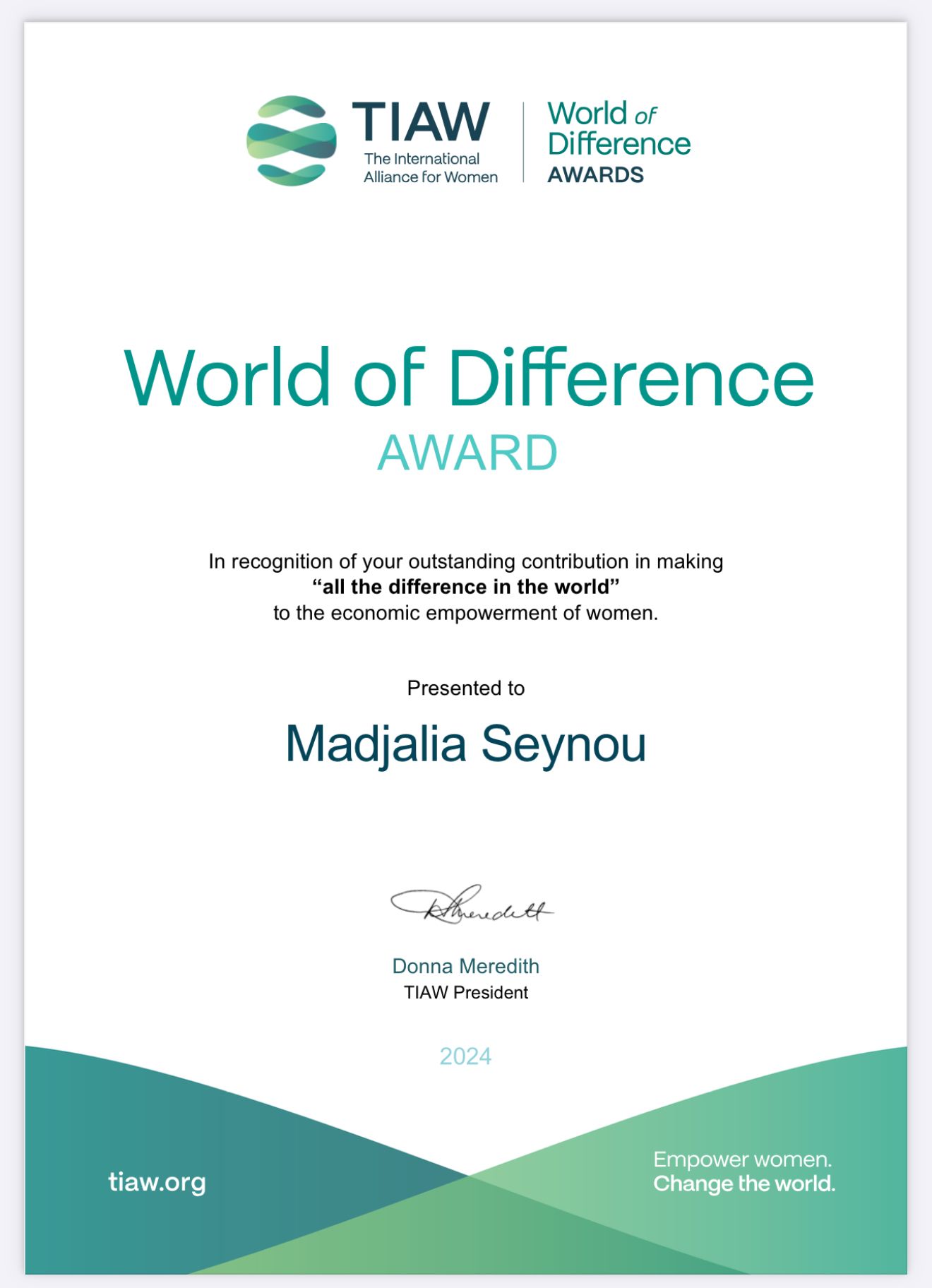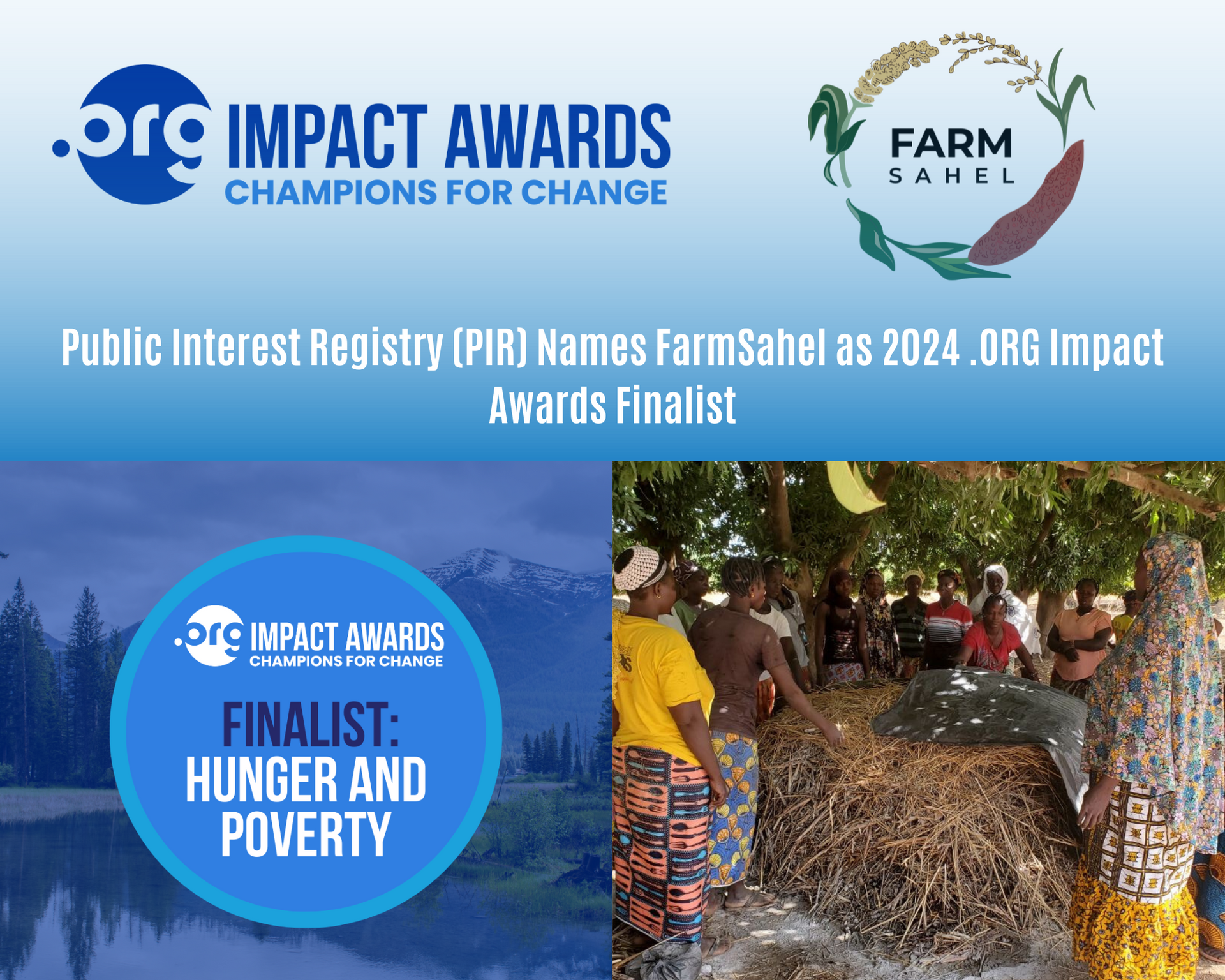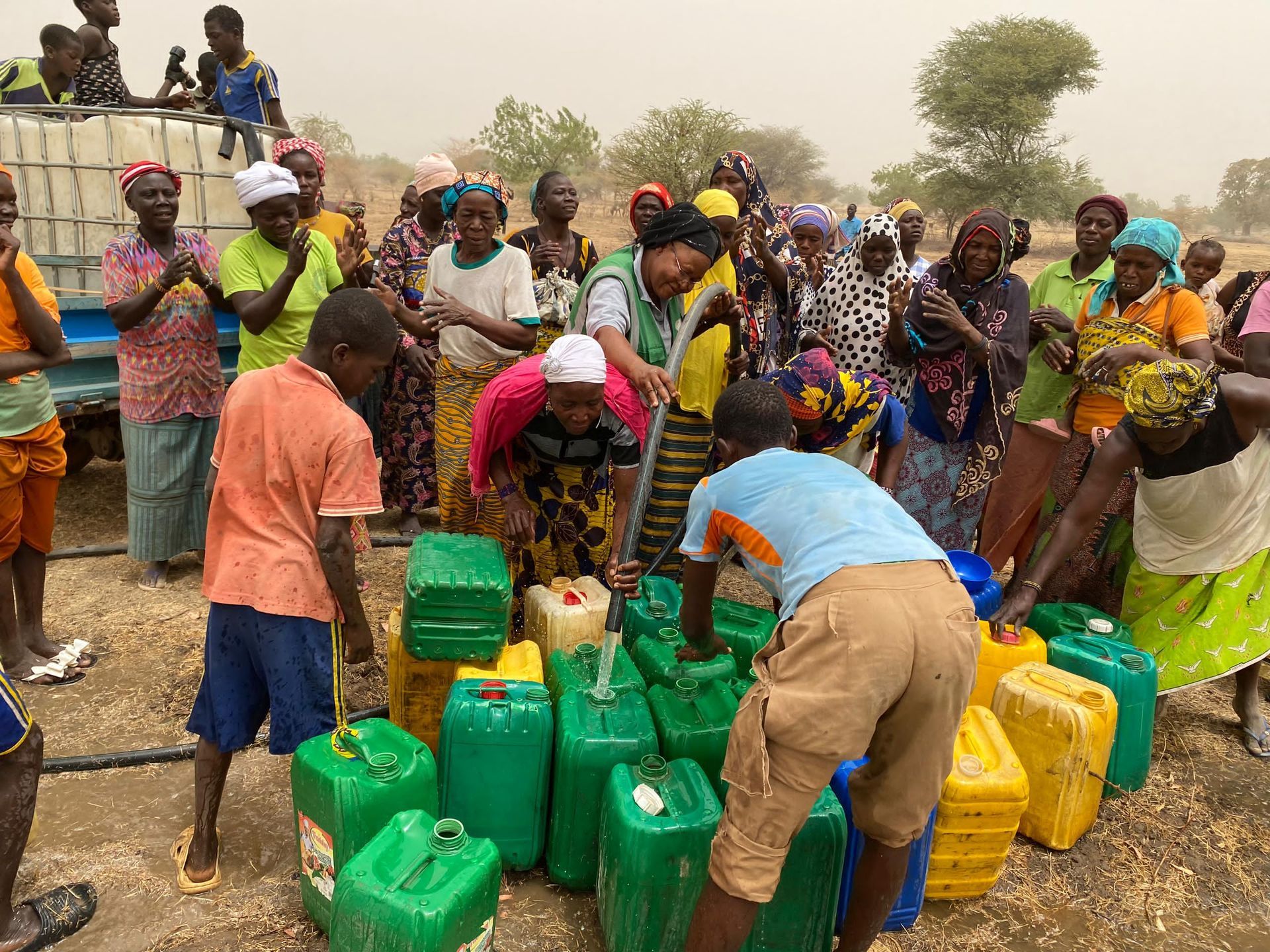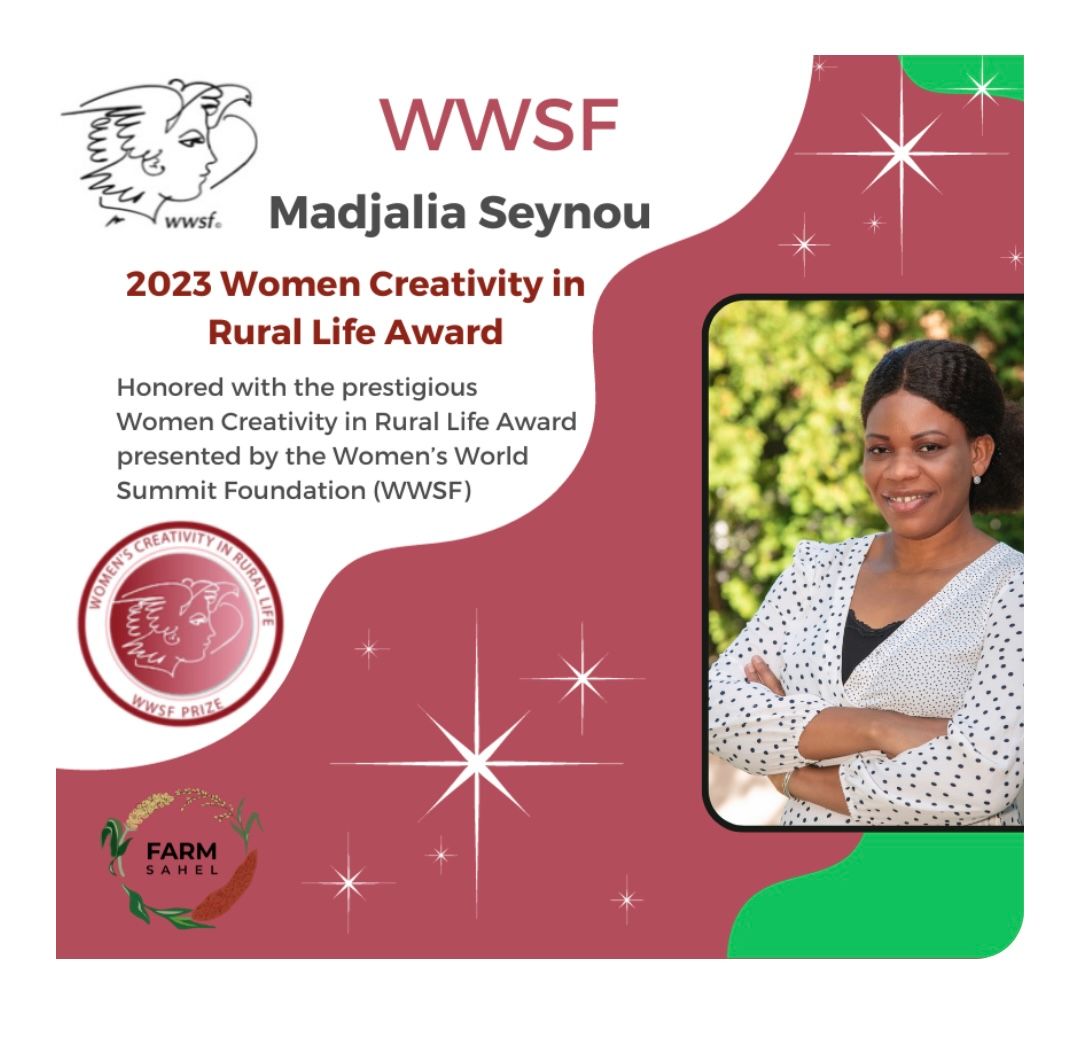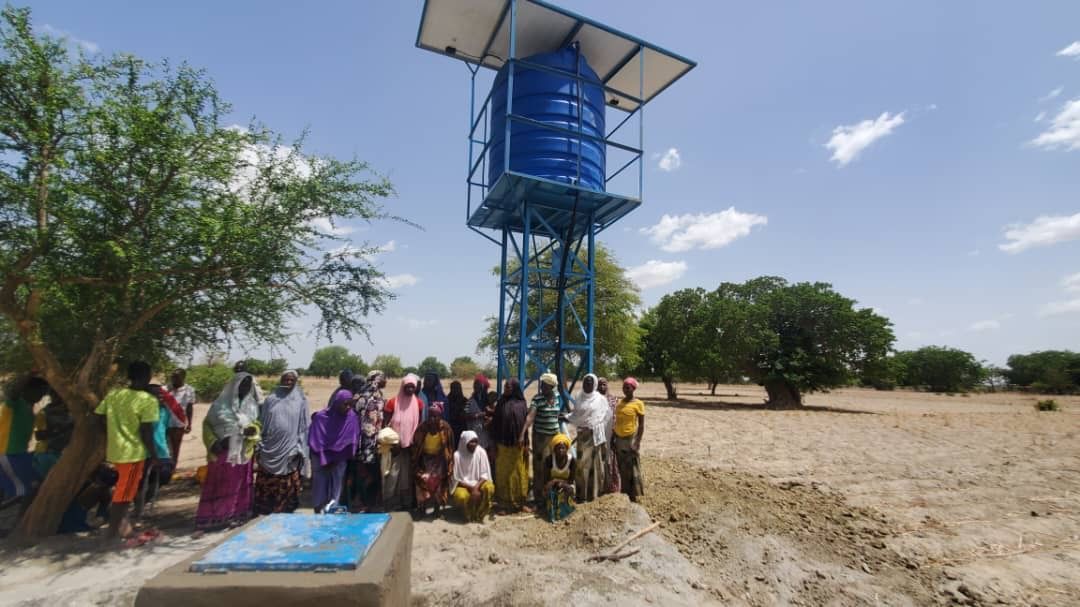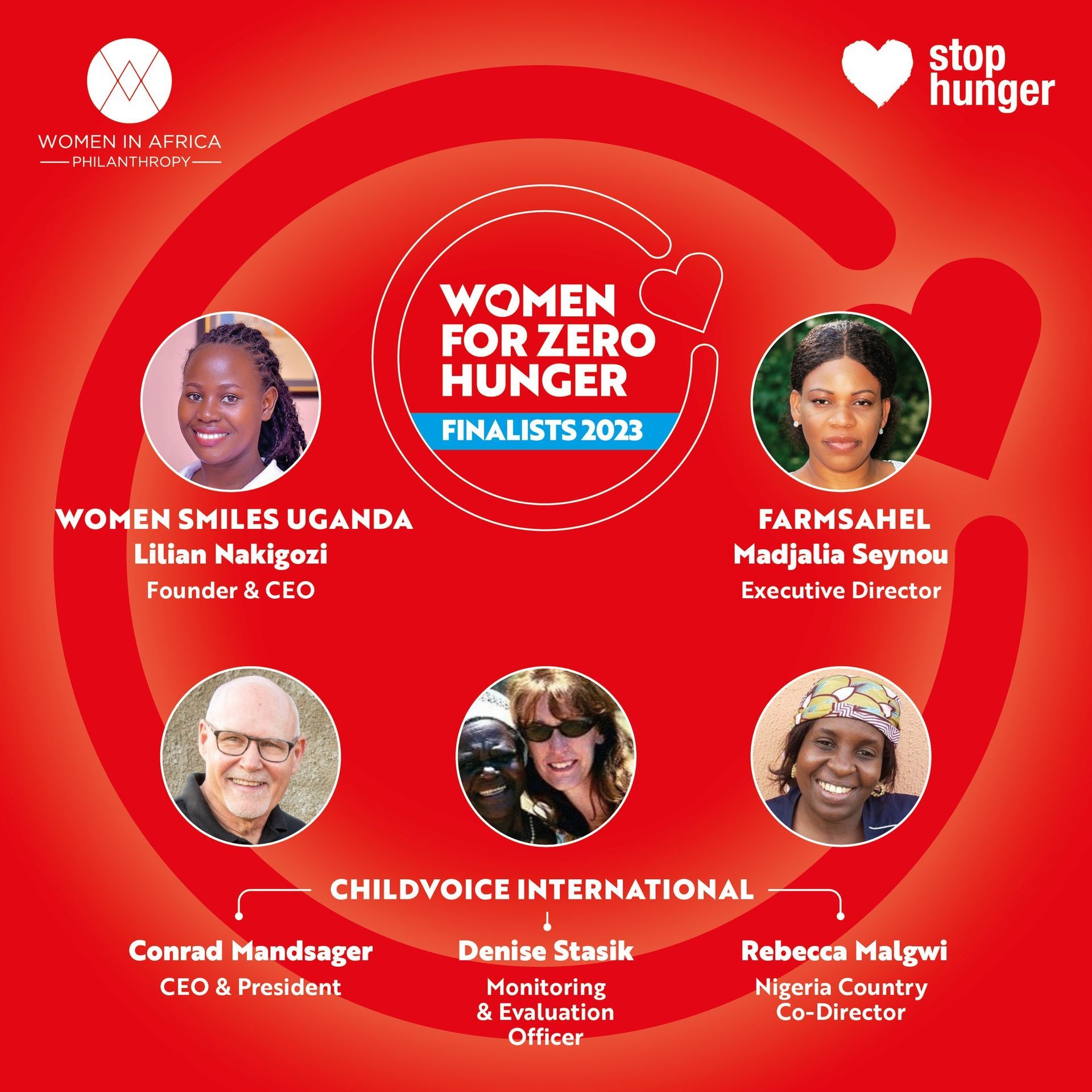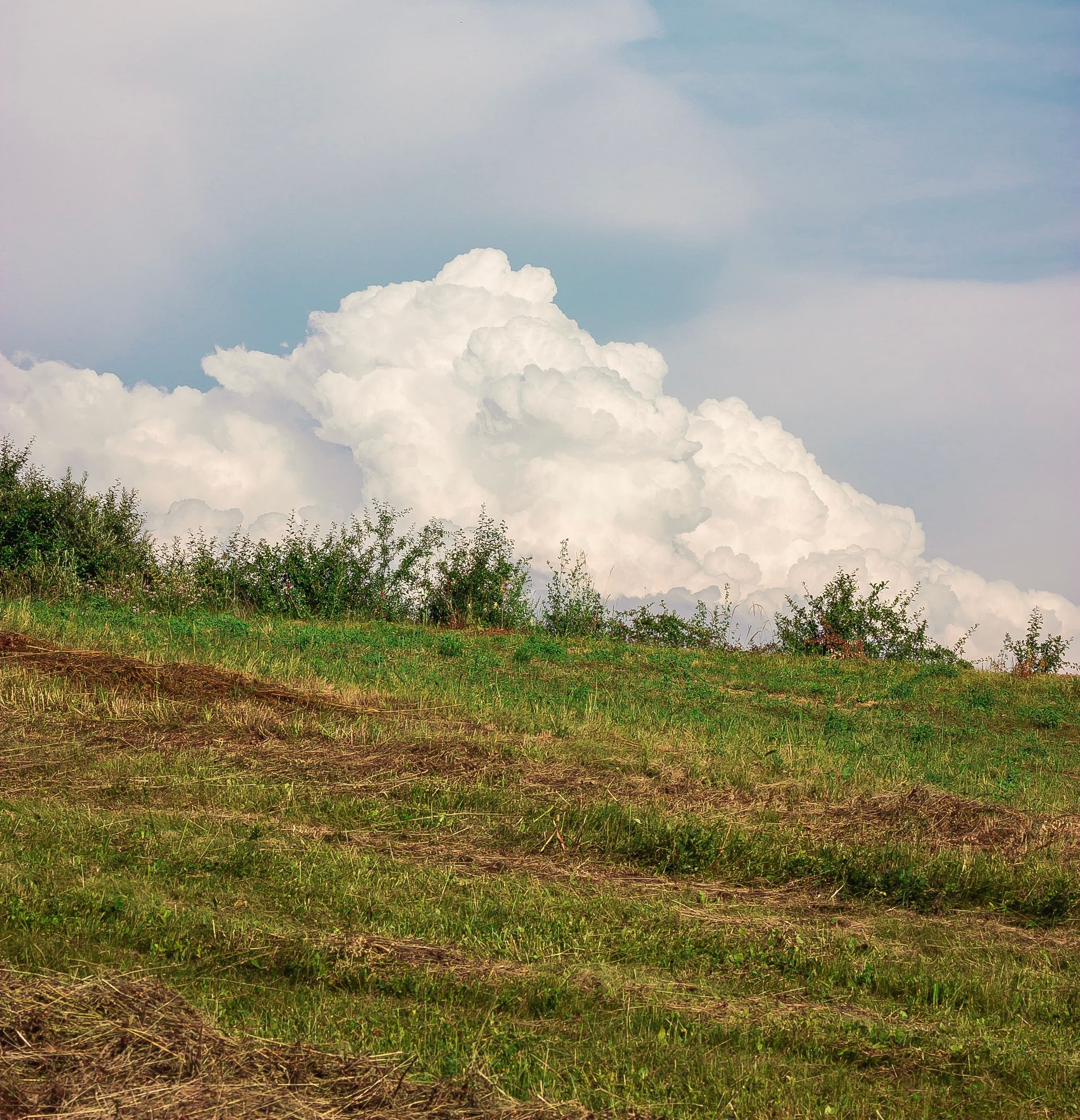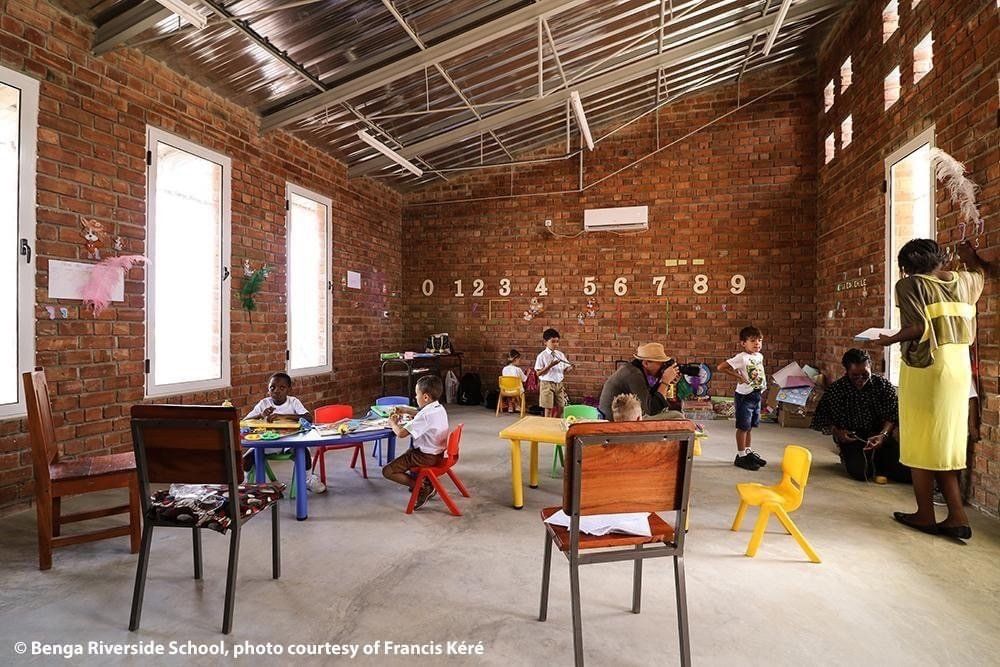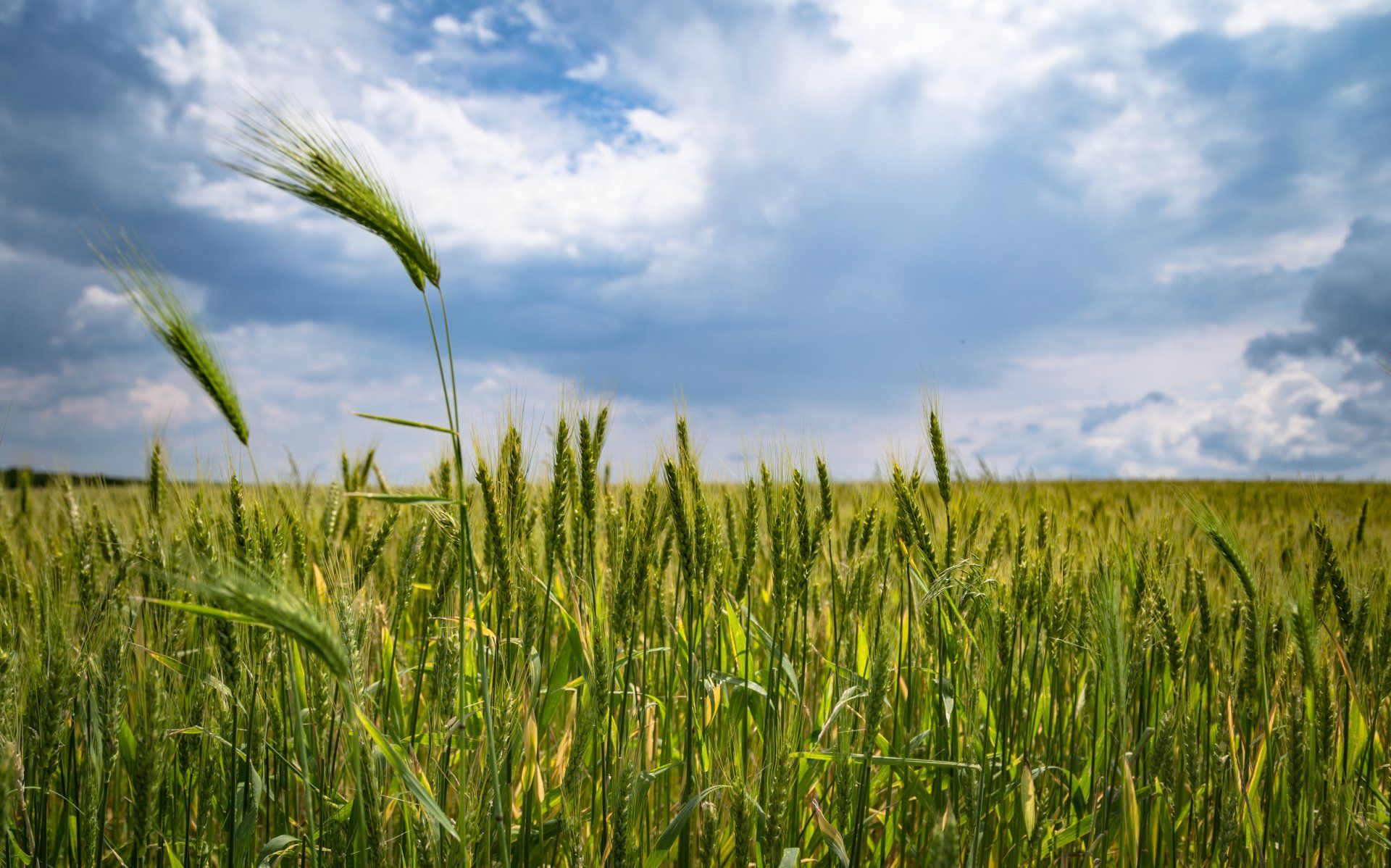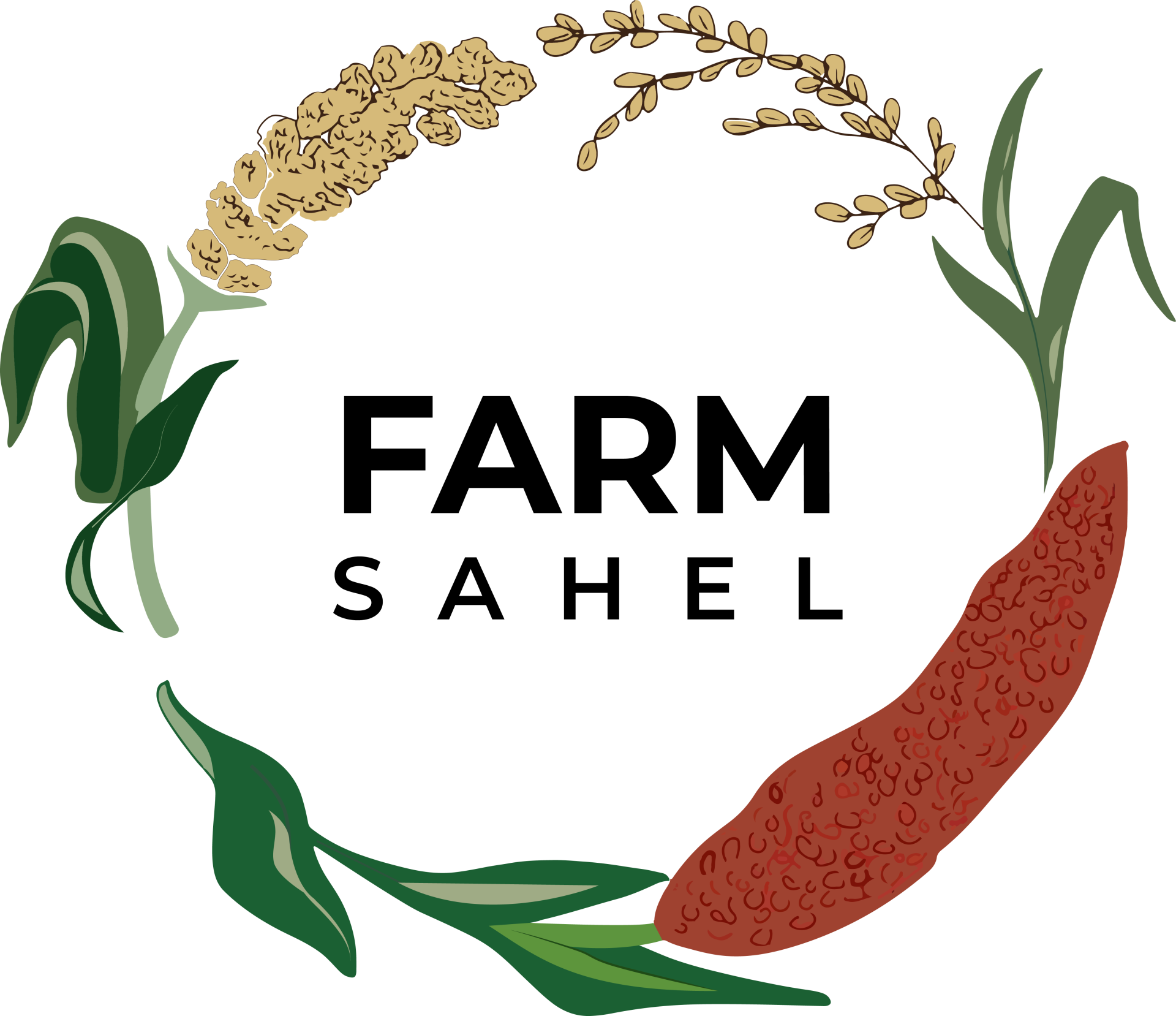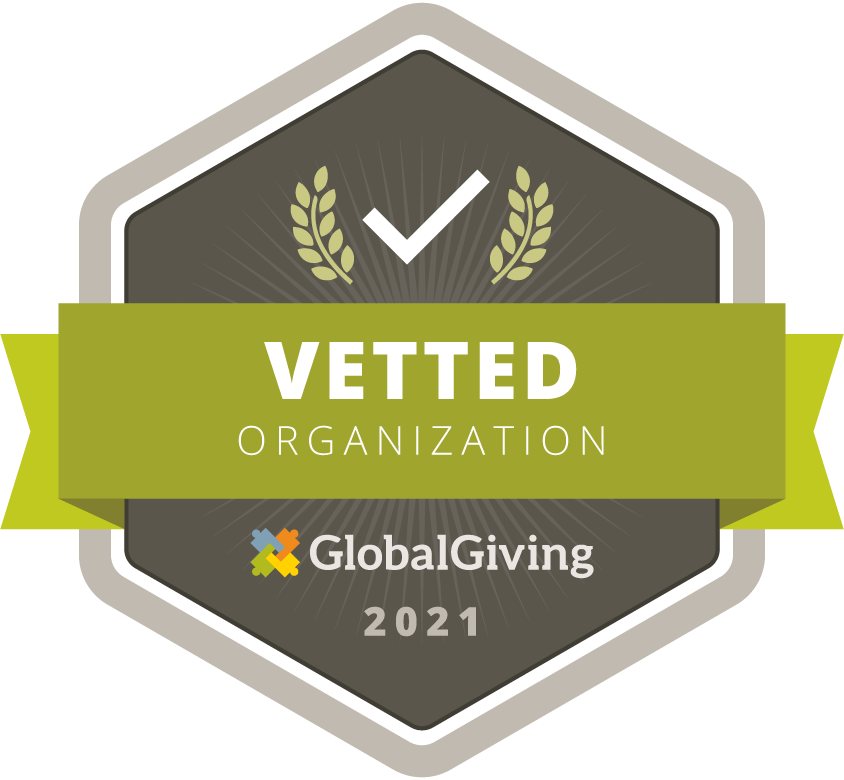How FarmSahel is Helping Alleviate Climate Change Pressure
Look outside your window right now. If you are in the United States, you most likely see a green plant that is one inch high, inedible, and everywhere; Kentucky Bluegrass. Households across the United States waste over 7 billion gallons of fresh clean drinking water every day watering their lawns. While we take our access to water for granted there are millions of people around the world who suffer from water insecurity. As climate change heats the planet, clean water sources are becoming harder to find. Water-borne diseases are upending families, children are taken out of school to walk for hours to find water, and people are choosing between hygiene and cooking as water reserves run low.
Burkina Faso’s vulnerability to climate change has made water a difficult commodity to find. Only 43% of the rural population have access to drinking water and 12% have access to basic sanitation services according to a 2015 study. This means that over 10 million people do not have clean drinking water. As the climate continues to heat up, as people continue to flee terror, and as covid-19 rages on, water insecurity will continue to be an issue.

A major factor in the scarcity of water in Burkina Faso is the number of displaced individuals from terroristic conflict. This has led to an increase in over exploration and worse sanitation conditions. Over 350,000 people have moved into the central region of Burkina Faso to escape violence. This increase has made the search for water more difficult. Many families are unable to take all they need knowing others need water as well.
As more water gets used and evaporated, rural women are walking kilometers a day just to find water, wait in line, and carry what little they are able to manage back to their homes. Washing hands, clothes, and hygiene takes a backseat to be able to water crops and cook food. With gender roles still very defined in Burkina Faso, women are in charge of the household chores, including managing crops, cooking, and fetching water.
Further, inadequate sanitation facilities have contaminated nearby water supplies. As only 12% of the rural population has access to sanitation infrastructure, a common practice is to dig pit toilets. These pits, however, increase the likelihood of contaminating nearby water when extreme rain brings flooding. In turn, an increase in water-borne diseases has made the simple necessity of drinking water a game of chance.

Another way FarmSahel is continuing its fight against climate change is through reforestation. In August, FarmSahel launched its’ first annual reforestation campaign. Through over-exploration and an increase in displaced people, trees have also become a scarcity. Some women have to walk just as far to find firewood as water. This annual reforestation campaign will help solve multiple issues at once. First, trees are a carbon sink taking the greenhouse gas CO2 out of the atmosphere and storing it in its’ bark, trunk, and roots. Further, trees help the weather cycle. As trees pull water from the ground, they release it back into the atmosphere as vapor. This helps alleviate extreme weather events such as high temperatures and extreme drought.
A major critique of reforestation is the perceived amount of water needed for trees to grow. Many argue, that especially in arid places, planting trees will do more harm than good. However, trees have a positive impact on groundwater for where they are planted. Instead of using up all the water, trees create soil hydraulic properties. This helps recharge groundwater and alleviate potential water-borne disease from infiltrating groundwater. Further, reforestation helps soil's infiltration so when heavy rain comes to an area, trees help seep water deep into the ground quickly, leaving less of a chance for crops being destroyed. Open areas with no tree cover have been found to keep water on surface level. This creates a large amount of runoff that destroys crops and hastens the evaporation cycle leaving groundwater reservoirs empty.

FarmSahel must continue its work to help alleviate climate change pressure. Rural women farmers are the most vulnerable to environmental disasters. Digging a well will cut down on times to fetch water, ensure water sanitation, and allow families to use water as needed. Not having to pick and choose between hygiene or cooking. As rich nations take turning a handle and expect water to flow for granted, the women in Burkina Faso are hoping that rain will refill closer water spots. Once FarmSahel is able to generate enough funding to bring a well to the area, this small change will have a generational impact on the community.
